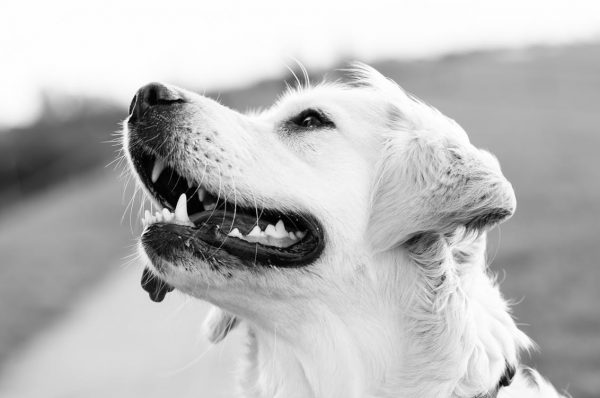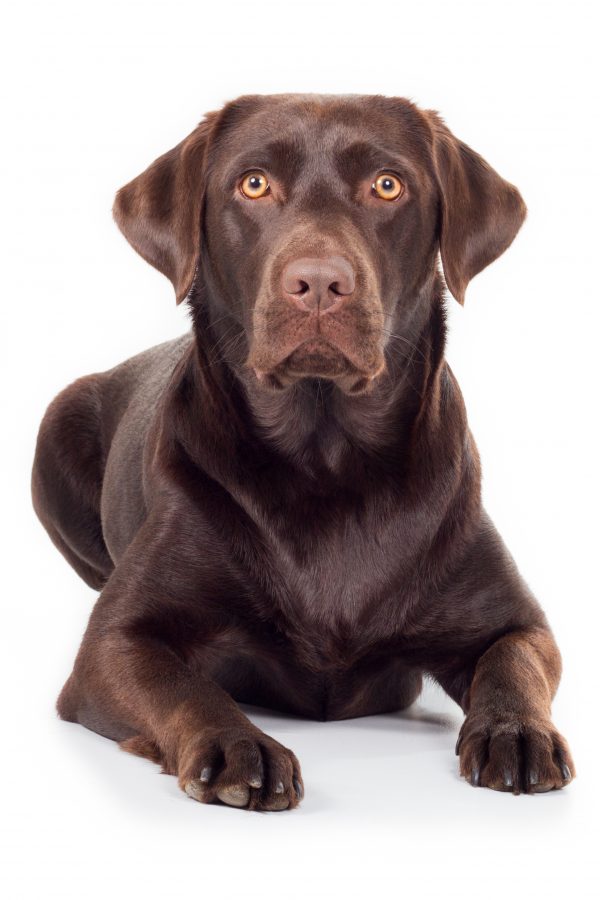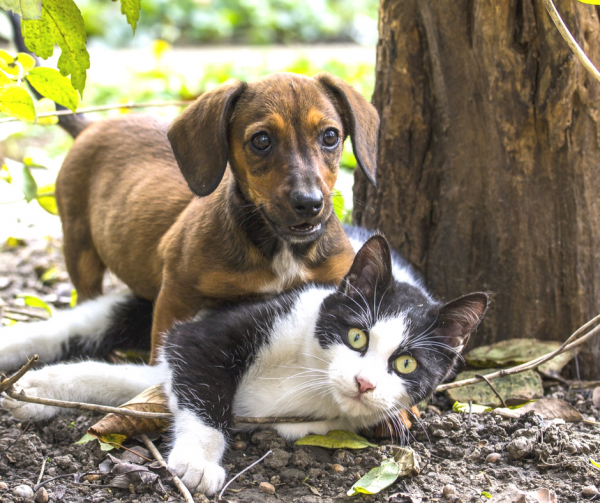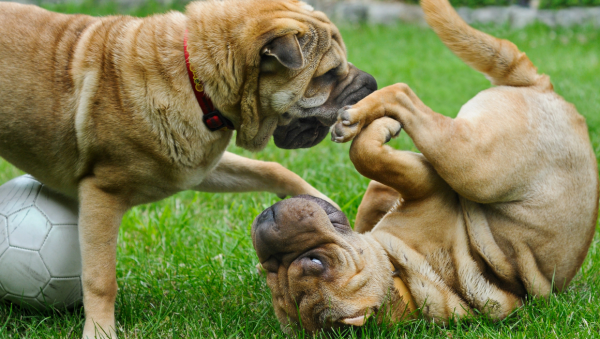GMO: What You Need to Know About Your Dog’s Food
It’s a term that people hear all the time, and more and more shoppers are starting to stay away from. The term is GMO, or genetically modified organisms. A food that is considered a GMO essentially has had its DNA modified or altered by a research scientist. This is usually done in order to synthetically … Read more










